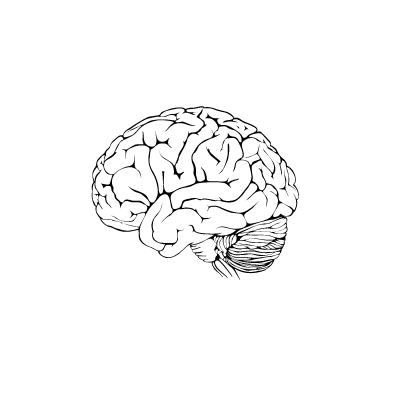How do we sell when knowledge isn't enough?
- Nov 1, 2016
- 4 min read

Salespeople often get a bad wrap
There is perception in the community that salespeople are a bit slippery and only interested in parting us from our cash. As a salesperson myself, I take umbridge to that. And of course, I am not alone. But like it or not, regardless of your occupation, most of us are involved in selling in one form or another, whether it be a product, an idea or ourselves. Dan Pink explores this in his excellent book To Sell is Human. He describes the balance of power that exists between the customer and the salesperson, and how this affects the value that a salesperson brings to a sale. There has been a big shift.
Back in the day…..
30 years ago there was a huge difference between the product knowledge of the salesperson and the customer. Salespeople knew more and therefore held more of the power in the relationship. It is this uneven balance of power that created this negative perception around salespeople (which still persists). Due to this imbalance in knowledge and, therefore, power, it was much easier for a salesperson to take advantage of a customer, and unfortunately many did. On the positive side, this imbalance made the salesperson more relevant to the customer. Customers needed the salesperson to get the information about the product they were interested in. Fast forward to 2016 and everything has changed. We now live in a world of information where customers can find out more than they ever needed to know about anything they want before they even speak to a salesperson. The balance of power between seller and buyer has shifted. So how do we sell, when knowledge isn’t enough?
The Epiphany
Part of the answer lies in my own experience. I am an academic and scientist, so when I first started in sales, I had very little product knowledge, no formal selling skills and no training. Unsurprisingly, I felt I added little value, and that it would be a miracle if I was to ever sell anything. But something funny happened. I was successful straight away. How could this be? How could a non-salesperson, be selling successfully? The answer was because I connected with my customers! Elegantly simple. The only skills I had in my toolkit were the ability to listen, to understand the customer’s feelings , to empathise with their struggle and assure them that I would help them to solve their problem. It turns out, that these skills are the secret sauce to successful selling.
We’re cheesed off!
Customers are over the cheesy salesperson. We don’t need their expert knowledge and we resent their intrusion into our busy life. Customers don't want to be sold to anymore, they want to be heard and understood. They want to know that someone is on their side who can help. Multiple studies show that customers want salespeople who are honest, empathetic and trustworthy, and they want to have a relationship with you. Think about the last time you made a significant purchase. You probably researched to find out about your options, read the forums, asked friends what their experience was and by the time you got to the salesperson, all you probably needed from them was:
a) to give you the confidence that you were making the right decision
b) the feeling like you were getting value for money
c) to have an enjoyable experience with a person who made you feel comfortable.
Every decision has an emotion attached
To be able to deliver this experience, salespeople need to go beyond talking about the features and benefits of a product. They need to tap in to the emotions that the customer is feeling and focus on how they want the customer to feel as a result of the interaction. Every single decision we make has an emotion attached to it. A few years ago, neuroscientist Antonio Damasio made a groundbreaking discovery. He found that if people have damage in the part of the brain where emotions are generated, it leaves them not only unable to feel emotions, but also unable to make decisions. Even if all of the logic and relevant data were laid out before them, they couldn't make a decision, and it was because they simply didn't know how they felt about it. Understanding emotions is key in helping your customer make a decision.

Connection is the key
Classical sales training typically focusses on shortening the sales cycle asking the right questions and creating sales proposals that demonstrate a comprehensive understanding of the customer’s situation. Those skillsets are still necessary, but they are only the start. Successful salespeople must master emotional intelligence, social perception and the ability to interpret human behaviour to create relationships. Having the ability to empathise, take perspective, understand stresses and challenges, solve problems and pick up on the subtle indicators that give you insight into how your customer is feeling, are the superpowers of the future. People by from people they like and trust. In short we, as salespeople, need to learn how to connect.























Comments